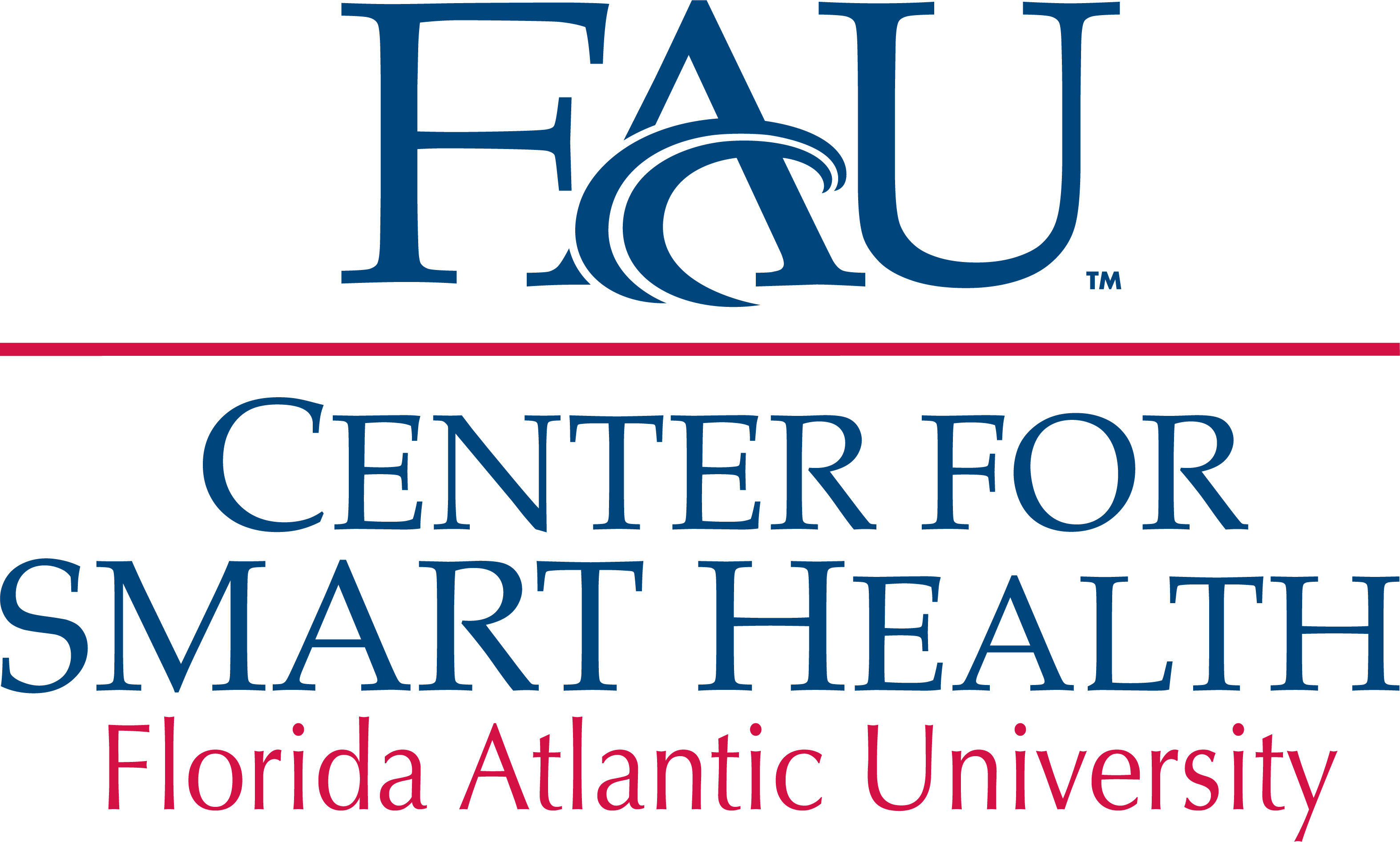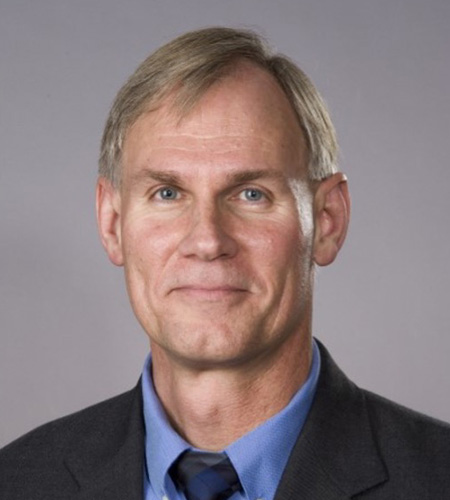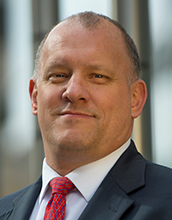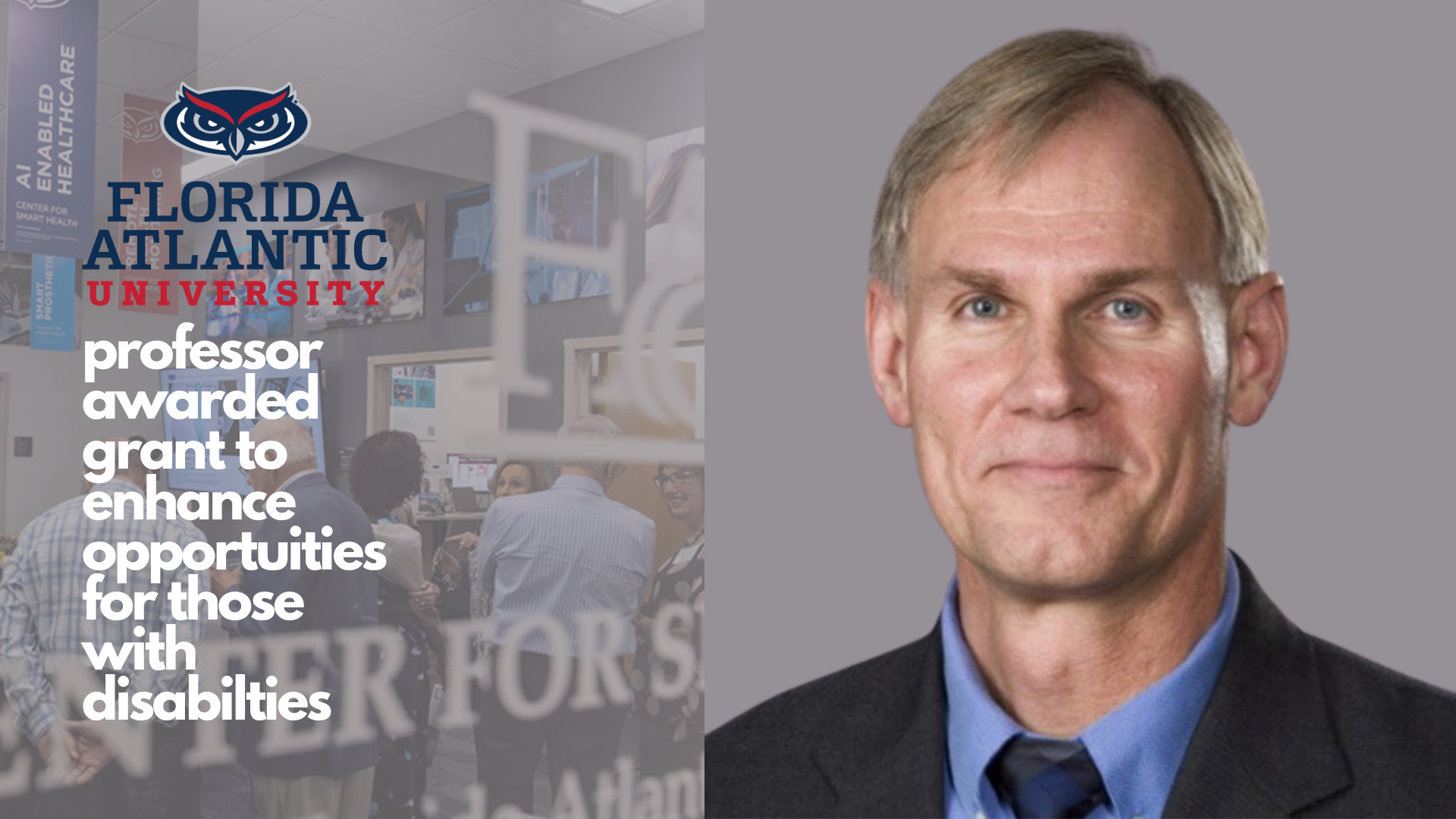F lorida Atlantic University received funding from the National Science Foundation that will support a project that aims to provide digital maps to improve accessibility and navigation for persons with disabilities.
lorida Atlantic University received funding from the National Science Foundation that will support a project that aims to provide digital maps to improve accessibility and navigation for persons with disabilities.
The Center for Sensing, Monitoring, Analytics, Remote, and Technology (SMART) Health, will facilitate the use of engineering and computer-science technologies to enable state of the art patient-centered health care, early detection of human health problems, and better quality of life; the center will support interdisciplinary education and training for “jobs of the futureâ€- careers at the intersection of technology with medicine, nursing, public health, and human biology; the center will stimulate partnership with industry and foundations around the smart health technologies and informatics.

Dr. Ted Conway, Research Professor with the Department of Electrical Engineering and Computer Science in the College of Engineering and Affiliating Faculty with the FAU Center for SMART Health, has been awarded Phase 2 Funding from the National Science Foundation’s (NSF) Convergence Accelerator Program to further develop a digital app to help persons with disabilities. He is a member of the five-Co-Principal Investigator (Co-PI) research team that combines complementary expertise to create a more robust approach to address the challenges associated with the research project. His Co-PI team consists of:
- Dr. Ted Conway, Research Professor in the College of Engineering and Computer Science at Florida Atlantic University.  Expertise: Mechanical & Biomechanical Engineering and Disability Community Outreach.
- Dr. Vinod Namboodiri, Professor in the College of Engineering and Applied Science and the College of Health at Lehigh University. Expertise: Artificial Intelligence and Data Acquisition
- Dr. Siny Joseph, Professor in the College of Agriculture at Kansas State University.  Expertise: Economic Analysis
- Dr. Patricio Vela, Professor in the College of Engineering at Georgia Tech.  Expertise: Robotic Systems & Controls.
- Dr. Nils Hakansson, Professor in the College of Engineering at Wichita State University. Expertise: Biomedical Engineering and Disability Community Outreach.
MABLE: Mapping for Accessibility in BuiLt Environments provides persons with disabilities independence to experience large events, conferences and educational programs. Using crowdsensing, AI and robotics, MABLE empowers individuals with responsive maps and turn-by-turn instructions through a digital app to help them navigate indoor environments successfully. Key users include those with visual or mobility impairments, such as people with low vision and wheelchair users, as well as other persons with planning and navigation assistance needs.
Conway’s team was one of 16 teams that participated in Phase 1 of the NSF’s Convergence Accelerator, Track H: Enhancing Opportunities for Persons with Disabilities. At the end of Phase 1, the teams participated in a formal pitch and proposal evaluation. In December 2023, the NSF selected MABLE and five other projects to move forward into Phase 2, investing $30 million across all projects with up to $5 million in funding for each project.
In Phase 2, Conway and his team will continue to apply Convergence Accelerator fundamentals to develop solution prototypes and to build a sustainability model to continue impact beyond NSF support. By the end of the 36-month Phase 2 effort, MABLE is expected to provide a high-impact solution that addresses a societal need at scale.
Conway’s project and Convergence Accelerator funding connect directly with the core focus of the FAU Center for Smart Health to “… facilitate the use of engineering and computer-science technologies to … support interdisciplinary education and training…; the center will stimulate partnership with industry and foundations around the smart health technologies and informatics.”
The U.S. National Science Foundation (NSF) is an independent federal agency that supports science and engineering in all 50 states and U.S. territories. NSF was established in 1950 by Congress to promote the progress of science, advance the national health, prosperity and welfare, and secure the national defense. NSF investments account for about 25% of federal support to America’s colleges and universities for basic research: research driven by curiosity and discovery.

Douglas Maughan
“A convergence approach between researchers, innovators, and persons with disabilities spanning organizations and communities across multiple sectors is crucial to ensure these NSF-funded solutions address barriers to employment, freedom of movement and quality of life for persons with disabilities, said  Douglas Maughan, head of the NSF Convergence Accelerator program. ”
The selected Phase 2 teams are fostering strong partnerships to ensure their use-inspired solutions assist a wide range of people.â€
The NSF’s Convergence Accelerator transitions basic research and discovery into practice through innovation processes like human-centered design, user discovery and team science, as well as integration of multidisciplinary research and partnerships. By making timely investments, such as Conway’s project, the Convergence Accelerator aims to solve high-risk societal challenges through use-inspired convergence research.


